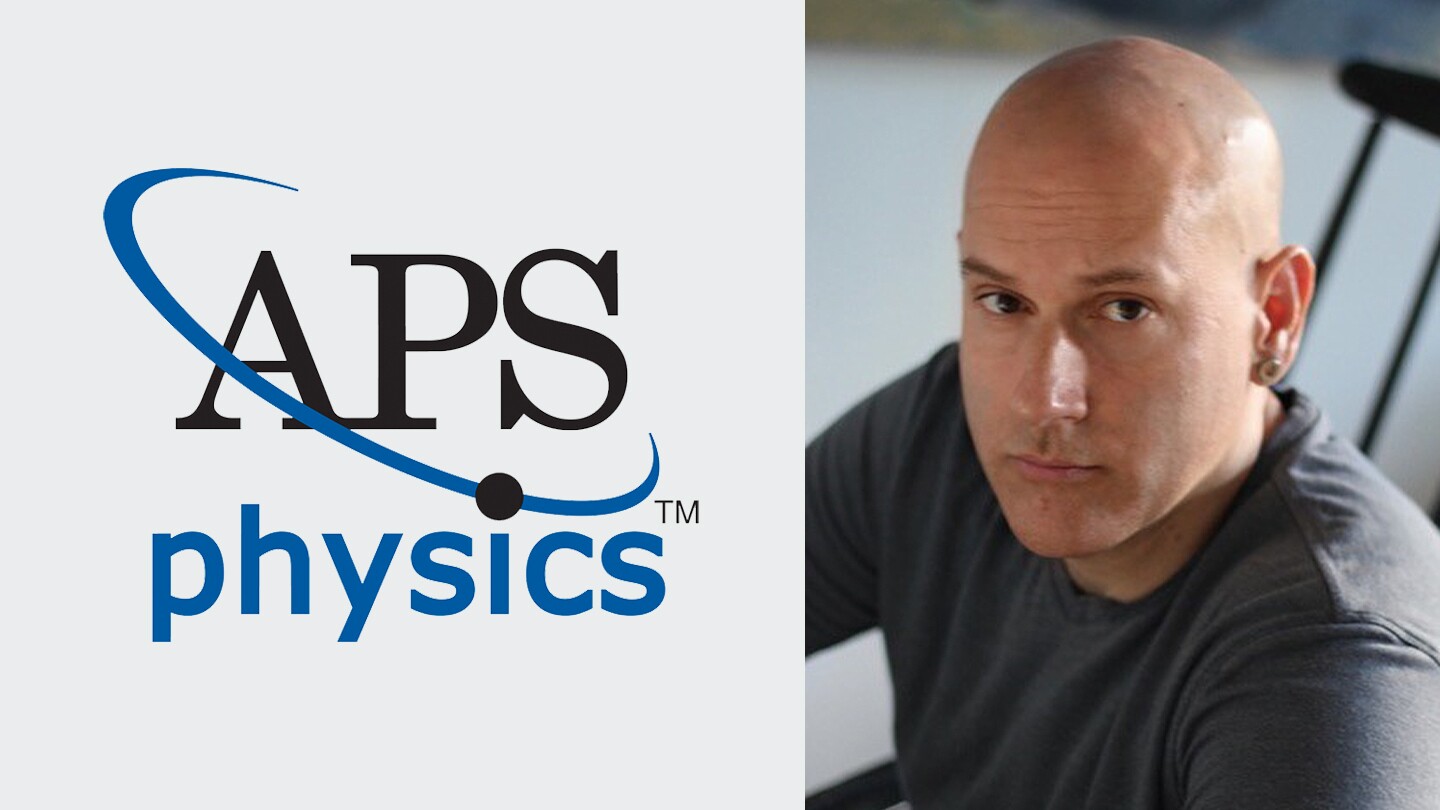Helmut Katzgraber, senior practice manager of the Amazon Quantum Solutions Lab, has been elected a fellow of the American Physical Society (APS), a nonprofit membership organization whose mission is to advance the knowledge of physics for the benefit of humanity.
Katzgraber is one of 155 2021 fellows selected and recognized for "their contributions to science", according to an APS announcement.
APS welcomes 155 members to APS Fellowship. Congratulations to all the newly elected Fellows! https://t.co/aLgV7FtAU4
— APS Physics (@APSphysics) October 13, 2021
Katzgraber, who joined Amazon’s Quantum Solutions Lab more than a year ago, is well-known for his work in statistical physics, including seminal papers in the areas of spin glasses, and the development of numerical methods to study them. In condensed matter physics, a spin glass is a magnetic state characterized by frustration and randomness.
Giorgio Parisi, who shared the 2021 Nobel Prize in physics, is known for his seminal work in spin glasses. Parisi, who in 1987 coauthored the book “Spin Glass Theory and Beyond”, was honored by the Nobel committee “for the discovery of the interplay of disorder and fluctuations in physical systems from atomic to planetary scales”. Katzgraber’s past academic work has focused on testing Parisi’s theory numerically using large-scale, high-performance computing clusters.
That work, in turn, has led him to use the algorithms developed for industrial applications. Within the past decade, Katzgraber has become one of the leaders within the community in connecting his work on spin glasses with quantum computing, including applying physics-inspired algorithms to solve challenging optimization problems.
“Frankly,” says Katzgraber, “I am humbled to see that my efforts over the last two decades were recognized by the broader physics community. But what makes me most proud is the fact that we are using these algorithms today to solve optimization problems across all industry verticals.”
In a letter to Katzgraber informing him of his election as an APS fellow, the organization’s president, Sylvester James Gates, Jr., said he is being recognized by his peers for “seminal contributions to the development and application of computational methods for problems in statistical physics, especially spin glasses, for fundamental contributions to quantum computing, and for leadership in applying physics-inspired optimization methods in industry.”
Frankly, I am humbled to see that my efforts over the last two decades were recognized by the broader physics community."
At Amazon, Katzgraber leads a team of quantum experts that is part of the Intelligent and Advanced Compute Technologies practice within AWS Professional Services. The practice comprises applied scientists with a diverse background in quantum computing, machine learning, and high-performance computing. Their mission is to work closely with customers to solve seemingly intractable problems at scale today, while preparing the customers for fault-tolerant large-scale quantum hardware tomorrow.
“Together with our customers we are exploring applications of future quantum computers,” said Simone Severini, director, AWS Quantum Computing. “Helmut’s contribution brings value to our customers not only with respect to this goal, but also in evaluating state-of-the-art computational methods applicable today.”
Katzgraber has published extensively in the areas of computational physics, quantum computing, algorithms, and glassy systems.
He earned a diploma in physics from ETH Zurich, and his master’s degree and PhD in physics at the University of California Santa Cruz. After postdoc positions at the University of California Davis and ETH Zurich, he was awarded a Swiss National Science Foundation professorship. In 2009, he joined Texas A&M University as an assistant professor, and became a full professor in 2015. Katzgraber joined Microsoft as a principal research manager in 2018 before joining Amazon in 2020.


















